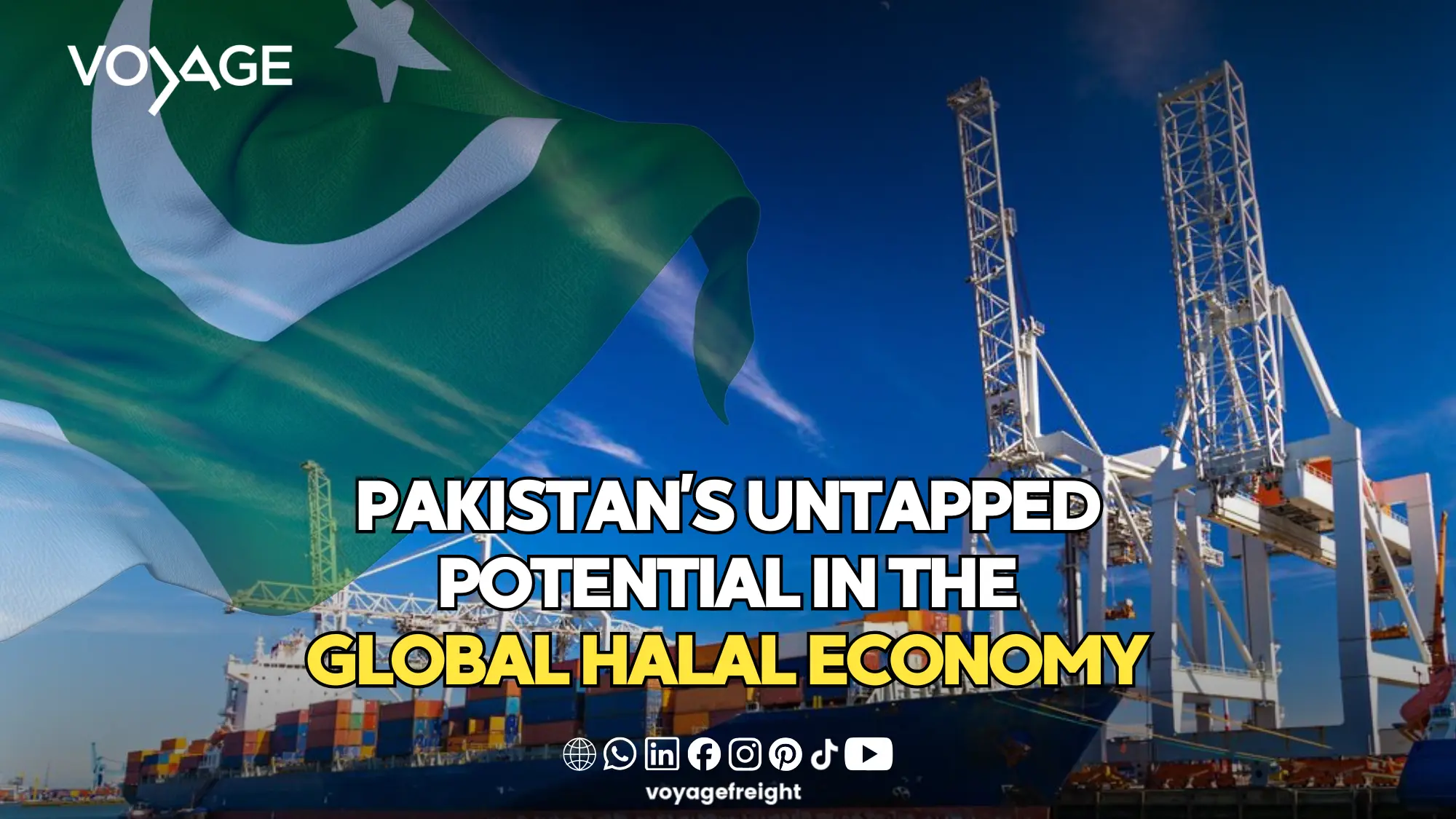
Pakistan’s Untapped Potential in the Global Halal Economy
Pakistan is sitting on a largely untapped potential in the global Halal economy. As this market surges, Pakistan could gain significantly by aligning its industries—from food to fashion—with global Halal standards.
A Trillion-Dollar Industry in Motion
Globally, Muslims and non-Muslims alike are increasing their spending on Halal goods and services. In fiscal year 2025, global Halal expenditure is estimated at USD 2.4 trillion, covering sectors such as food, clothing, travel, cosmetics, and pharmaceuticals. Projections suggest that this number could rise to USD 3.5 trillion or more by 2028.
Where Pakistan Is Starting From
Some key sectors in the Halal economy include:
- Halal Protein: Meat and related products. While global demand is high, Pakistan’s exports in this sector are modest compared to leading exporters.
- Pharmaceuticals & Cosmetics: A USD 250 billion international market – Pakistan’s involvement is nearly non-existent.
- Halal Tourism: Certified Halal hotels and resorts are increasingly common globally, yet Pakistan has very few, if any, that are officially certified.
- Halal Fashion: A USD 400 billion industry, inclusive of modest fashion, abayas, scarves, and modern apparel designed to meet Halal standards.
The Gap Between Potential and Reality
Although many products in Pakistan are Halal by default—particularly in food and beverages—there are gaps in branding, certification, and global market outreach. Certification standards, infrastructure, compliance with international Halal requirements, and export readiness need to be strengthened.
Additionally, sectors like cosmetics, pharmaceuticals, and certified tourism are underdeveloped. Without innovation, investment, and regulatory reforms, Pakistan risks missing out on substantial shares of global Halal markets.
What Pakistan Needs to Do
To fully harness this opportunity, several things are essential:
- Certification & Standards: Develop and enforce globally recognized Halal certification systems.
- Value-added Production: Move beyond raw exports to processed, branded items that meet international Halal norms.
- Investment in Infrastructure: Facilities, logistics, storage, and export channels tailored for Halal goods.
- Promotion & Branding: Market Pakistan as a Halal producer in multiple sectors—not just food.
- Policy Support: Government policies should encourage private sector growth in Halal tourism, fashion, pharmaceuticals, etc.
Source: Business Recorder

